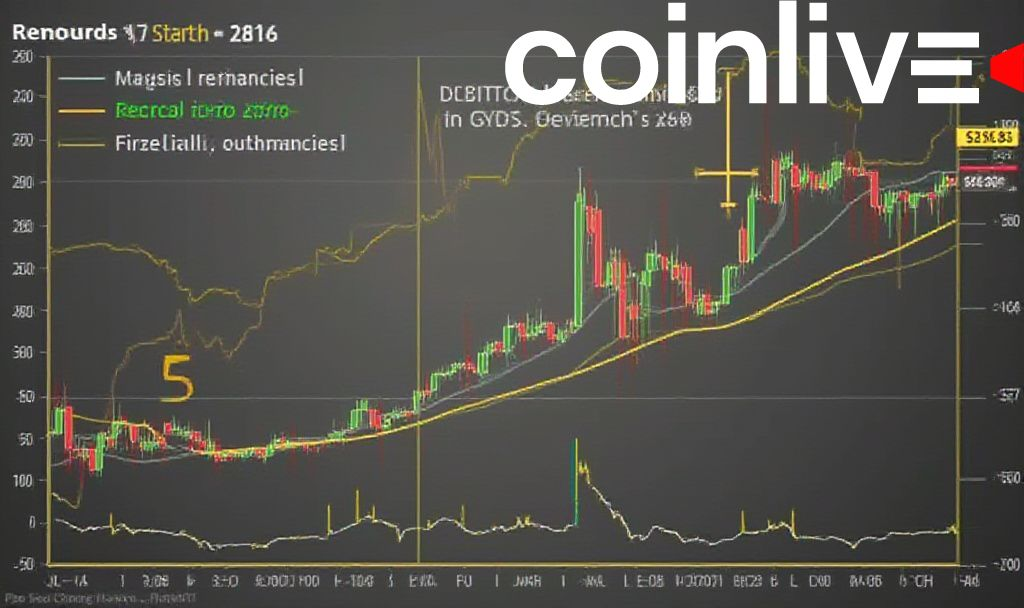- Main event led by institutional investors and policy changes.
- Bitcoin passes the $87,000 mark.
- Potential impact on financial markets is significant.

Recent developments in economic policies and institutional investments significantly impacted Bitcoin’s market. Key players like Metaplanet Inc. and U.S. government initiatives contributed to this trend. The news highlights Bitcoin’s growing role as a reliable asset.
Bitcoin surpassed $87,000, fueled by strategic investments and macroeconomic uncertainty. Institutional support from entities like Metaplanet Inc., acquiring 330 BTC, signals a trend toward digital assets. Economic policies, including the U.S. Strategic Bitcoin Reserve, are reshaping perspectives on crypto.
The political landscape directly influenced Bitcoin markets. Kevin Hassett indicated President Trump’s intention to replace Federal Reserve Chair Jerome Powell, sparking economic uncertainty and shifting focus toward Bitcoin as a secure asset.
“US President Donald Trump intends to replace Federal Reserve Chair Jerome Powell.” — Kevin Hassett, National Economic Council Director
Market dynamics also include robust trading activity, with significant volumes in BTC/USDT and ETH/BTC pairs. The entire crypto market cap has reached $2.7 trillion. This sector experiences increased liquidity due to institutional confidence and the growing reputation of Bitcoin as digital gold.
Over the past two weeks, Bitcoin’s value rebounded above $87,000, a climb from $75,000 earlier in April. Statements from financial experts like Mel Mattison emphasize Bitcoin’s decoupling from traditional risk assets, viewing it more as digital gold.
This momentum positions Bitcoin as a growing financial asset, encouraged by the strategic initiatives of institutional investors and policymakers. The bullish market trend, technical data, and political shifts underscore the potential evolution of Bitcoin as a core economic component.








